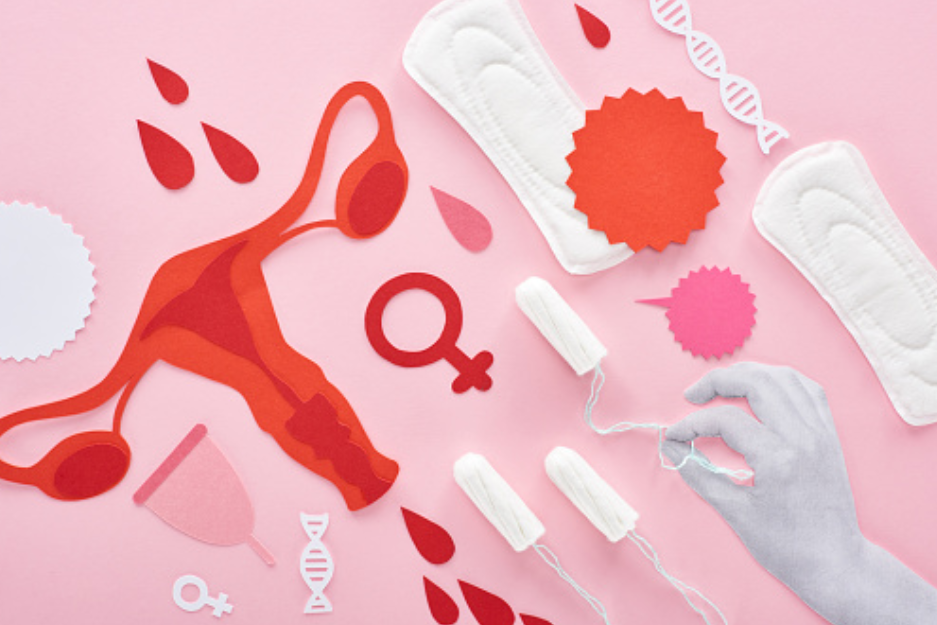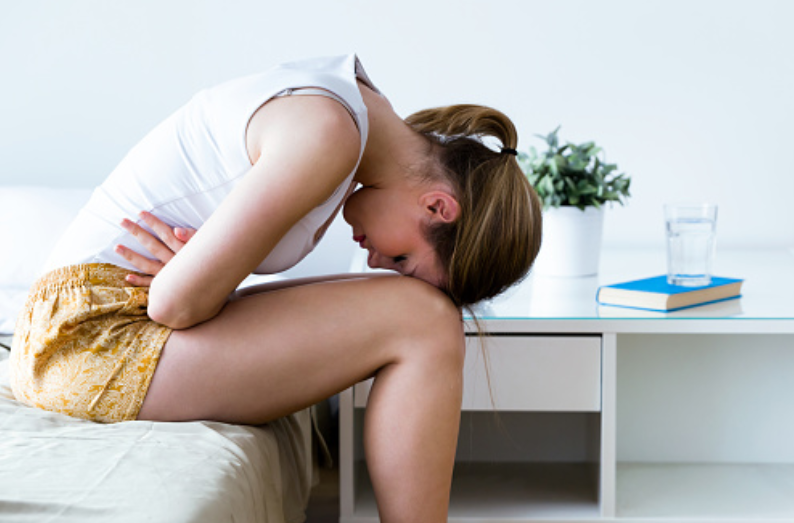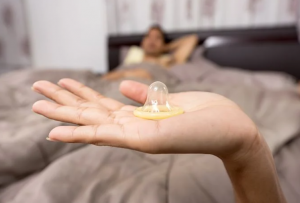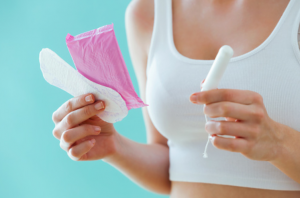Things You Should Do When Menstrual Period

As a woman, there are some things you should avoid during your period, especially if you experience severe pain or discomfort during this time. However, every healthy girl has a period every month until menopause. Ovulation or period is that month when the unfertilized egg and the lining of the uterus are expelled from the uterus. For many women, the intervals are characterized by excellent discomfort ranging from moderate migraines to severe abdominal pain that can leave some boiling for a couple of days.
If you are a woman who experiences such extreme pain, then you can significantly reduce the overall amount of pain you experience by developing some mild to moderate lifestyle changes. Every girl heals, but until menopause can find a period a month, the period of our life includes several symptoms: from mild cramps, which are rarely seen, to severe abdominal pain, enough to affect our daily lives. For instance, women shouldn’t have sex during their period. However, some women still can have sex, but it must in a safe mode. If you want to know about it, check this out. The following are seven actions you should do during your period:

Perform Protected Sex
As a woman, your cervix tends to be more sensitive during the interval, and because the penis houses numerous and countless germs, it is prone to discomfort. It means you can have sex with your partner as long as you use protection. Then, you can prevent some STDs while doing sexual intercourse. It could answer some men’s question about why women choose not to have sex during their menstrual period. However, if you decided to have sex, please perform protected sex.
Take Meals Regularly 
Eating three meals per square is essential to meet your daily caloric needs. It is also advisable and should be taken a little more seriously during menstruation because this is when your blood supply decreases and your energy levels drop. It is essential to eat a healthy meal and drink plenty of water during this time to keep your energy levels up.
Reduce Physical Activities
As mentioned above, you are low on energy during the interval, so don’t exercise vigorously as this can deplete your energy release. If you need to, be sure to refuel by consuming high-energy foods and drinks to avoid depleting them. In addition to draining your energy, another reason for not doing physiological activities is that you are more likely to suffer from back or spinal pain once you overexert yourself. However, research has shown that moderate to moderate exercise can offer some benefits beyond adverse effects. Therefore, you can do some exercise to reduce the pain if you have enough power.
Avoid Soda
Although clinically significant, soda is believed to interrupt the interval flow and cause menstrual blood to remain on the uterus walls. It would help if you drink plenty of water instead of drinking soda. It will also prevent bloating. The suggested amount is 7-8 glasses, more if you are willing to keep it low. Increase your intake of calcium and iron to replace the ones you lose. However, you may choose to stop taking iron supplements sooner than a day or so after your period ends, as some women report increased menstrual flow when their periods pass. Besides, it would be best if you had lots of magnesium and foods full of omega-3 fatty acids. Take supplements because they are healthy bacteria that your body needs.
Wear Tampon 
Nowadays, women can wear a tampon during the menstrual period. It can help them to maintain the blood not to overflow. Using a tampon or pad for an extended period may not worsen the discomfort or discomfort you experience during your period. Still, it can bring other unwanted effects, such as an unpleasant odor and the buildup of bacteria that can cause disease.
Leave a Reply